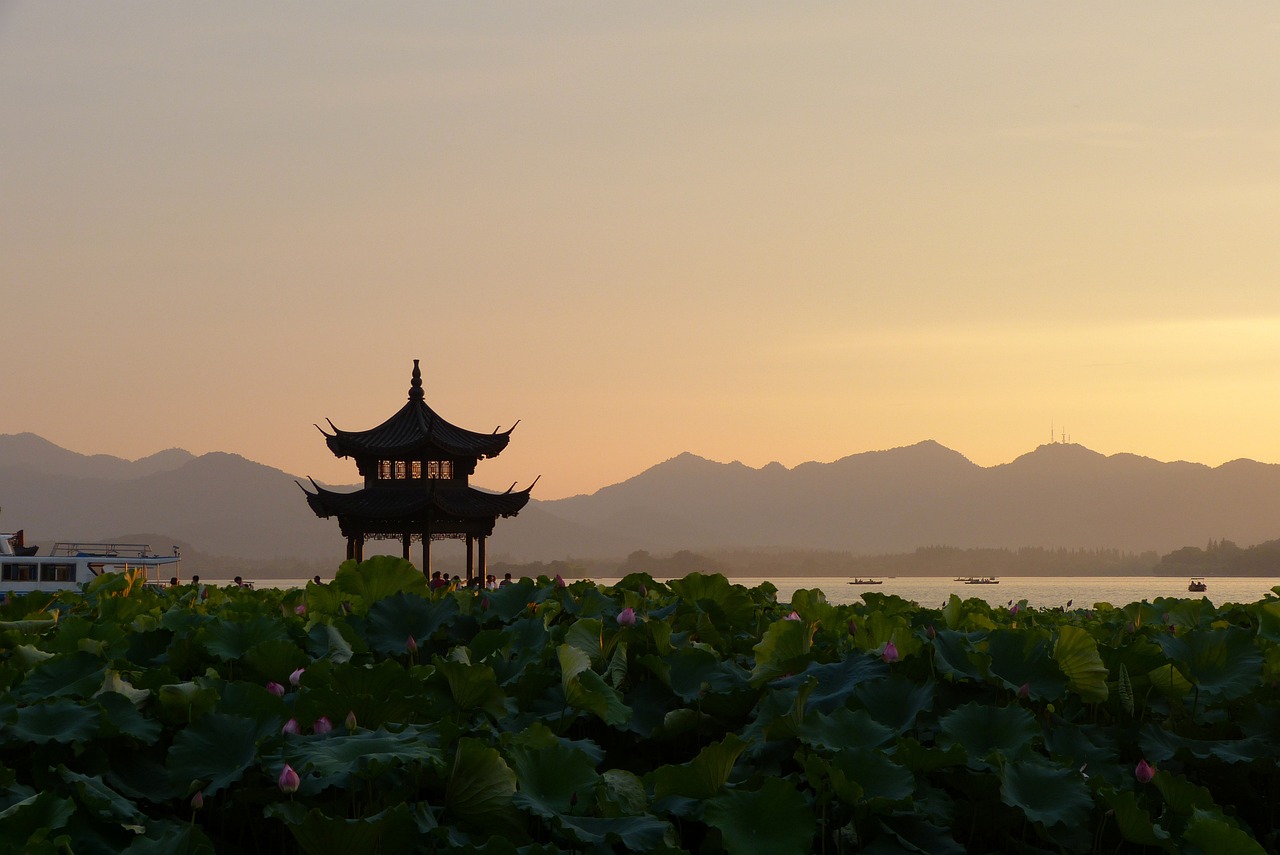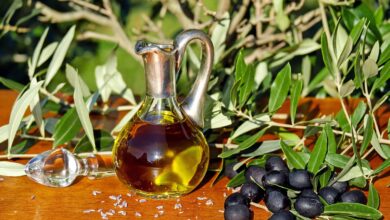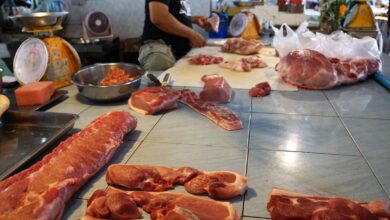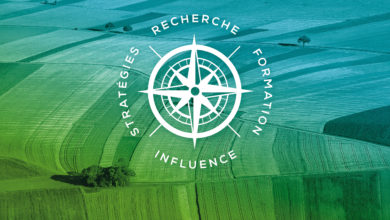
Download the PDF version
After cognac and pork, it’s now dairy products. Frustrated by the European anti-dumping duties imposed on biodiesel and electric vehicles, China is retaliating by targeting the agricultural sector, under the guise of protecting its producers from unfair competition. The consequences of these investigations could lead to more than just a decline in our export performance, potentially affecting producers’ incomes and CAP subsidies.
In spite of our aversion to free trade, supply chains economic balance relies (partly) on exports
The protests earlier this year highlighted, among other things, the aversion of French and European producers to imports and competition with products that are not subject to the same production standards. The Chinese investigations raise the question in reverse: are European exports a source of unfair competition for Chinese producers? Far removed from our own concerns about mirror clauses and reciprocity in animal welfare or environmental standards, China’s concerns focus solely on the economy and support for its producers. Beijing wants to know whether its market allows Europeans to offload products at excessively low prices, undermining its local producers’ ability to compete and develop their industries.
Or, les filières d’export sont nécessaires à l’équilibre des productions françaises. Les raisons sont différentes selon les produits considérés :
Export sectors are essential to the balance of French production. The reasons vary depending on the products considered:
- Structural surplus due to high production capacity (notably for cereals)
- Historical presence in high-value markets (notably for wines, spirits, and cheeses)
- Markets that allow the valorization of by-products (notably for animal production)
The latter point is particularly crucial in the pork sector, where exports to Asian countries allow approximately a quarter of the carcass to be valued by selling cuts that are not consumed by Europeans (such as pig’s feet, ears, or other offal). The sale of these parts for export helps lower the selling price of the rest of the carcass on the domestic market. Without this outlet, the total added value of each pig would decrease, which would either lead to an increase in the price paid by consumers to maintain the price paid to producers and the margins of processors or to a reduction in upstream prices.
The same applies to the dairy sector, which relies on export markets to offload whey and skimmed milk powder, as our dairy industries consume a lot of fat (whey and milk powders represent 27% of export volumes). But the export market is also a significant source of added value for the dairy sectors, mainly derived from cheese. Cheese accounts for one-third of exports in both value and volume. The price paid to producers depends on both the products sold on the domestic market and the exported products, which represent 40% of French milk collection.
Dumping and subsidies
The cognac and pork sectors are subject to an antidumping investigation, while for dairy, it is an anti-subsidy investigation. The result of these investigations could lead to the imposition of both antidumping taxes and countervailing duties (both of which can be applied simultaneously).
The rules governing dumping practices were established during the GATT/WTO agreements in 1994. A product is subject to dumping when companies from the exporting country sell the product for export at a price lower than its normal value. The normal value is based on the price at which the product is sold in the domestic market of the exporting country. If the product does not have a domestic market in the exporting company’s country, the production cost in the country of origin may be considered. Dumping is not prohibited, but it can be penalized when it causes harm to the importing country, such as preventing a sector from developing.
Regarding pork offal, there are questions about which benchmarks Chinese authorities will use to determine an appropriate market or production cost, as these products are not highly valued in the domestic market.
For subsidies, the rules governing international trade are more complex: in addition to caps (blue and amber boxes) and bans (export support) that apply to agricultural aid, some subsidies can result in trade disputes and lead to the imposition of taxes.
For this, two conditions must be met:
- The subsidy must be specific, meaning that only certain productions have access to it
- It must harm the interests of the importing country, cause damage to one of its domestic production sectors, or undermine a commercial advantage negotiated within the framework of the WTO.
The calculation of countervailing duties is then based on an estimate of the value of the subsidy received by the exporter.
In the case of dairy products, China has announced that a total of 20 EU subsidies will be examined, including those from the EU’s Common Agricultural Policy as well as subsidy programs initiated by EU members such as Ireland, Austria, Belgium, and Italy.
CAP subsidies and farms’ income at risk
These investigations by Beijing pose significant risks to French and European sectors (pork and dairy products respectively accounted for 17% and 12% of European agri-food exports to China in 2023[1]). They should be examined in light of the ongoing dispute between Washington and Brussels over Spanish table olives (see our detailed article here).
In 2018, the United States implemented anti-dumping tariffs combined with countervailing duties targeting Spanish table olives, accused of undermining the Californian market. The complaint filed by the European Union at the WTO in 2019 resulted in a report from the Dispute Settlement Body (DSB) in 2021, which provided nuanced conclusions. The DSB report in the case of olives did acknowledge the existence of European dumping (selling olives in the U.S. at lower prices than in Spain), which legitimized the application of anti-dumping duties. However, the countervailing duties were not considered justified in the case of olives for two reasons: the United States failed to prove that the subsidies were specific (i.e., reserved for olive growers), and they relied on their own legislation to decide that the benefits of the subsidies given to producers were fully passed on to the processor, using this to calculate the amount of countervailing duties, which is not permitted under WTO rules.
But the question of whether or not CAP subsidies are specific (which determines the possibility of implementing countervailing duties) does not seem fully settled. The United States continues to apply both anti-dumping tariffs and countervailing duties (with a slightly modified calculation method since the beginning of the dispute). In its latest challenge last year, the EU only argued on the issue of the transmission of the subsidy to the processor, avoiding the question of whether the countervailing duties themselves were legitimate, which remains carefully sidestepped. A new report released last February confirmed that the United States has still not complied with the conclusions of the 2021 report, even though they were initially given until January 2023 to do so. This did not stop the U.S. from extending both the anti-dumping tariffs and countervailing duties for another five years last July. The utility of the WTO in arbitrating and especially resolving trade disputes is, therefore, now highly questionable.
Considering this experience, several outcomes could arise from the procedures initiated by China:
- On form and short-term consequences:
Regardless of the information provided by French and European processors, China could, following the U.S. example, immediately impose targeted tariffs on certain companies. The EU would then counterattack with a procedure before the WTO’s Dispute Settlement Body (DSB), leading to years of legal proceedings during which the duties would continue to apply, harming our exports.
For the pork sector, while export volumes to China have already decreased in recent years, it is the volume of exported meat that has fallen significantly, while the volume of offal has held up better. This is a market that the pork industry will struggle to replace due to its specificity, which has a significant impact on carcass prices. As pork production declines in France and Europe, despite high prices and steady consumption, French slaughterhouses are already under strain (their net margins were very low in 2022 and negative in 2023 according to the Price and Margin Observatory). Losing this market would be a severe blow.
- On substance and long-term consequences:
The U.S.-EU dispute has not provided immunity for European subsidies. China could, therefore, succeed in imposing anti-dumping duties on the targeted products if they are sold at lower prices than on the domestic market. Furthermore, it could apply countervailing duties on dairy products to offset the effects of coupled subsidies, and potentially even countervailing duties incorporating the effects of decoupled subsidies if it finds a method to indicate what portion of the subsidies received by producers is captured by processors.
For now, only cheeses, milk, and cream are affected by these measures, which would hurt the profitability of dairy processors exporting to China. However, these measures could later be extended to other products. If this scenario unfolds, all our trading partners would then have the opportunity to do the same, which would severely damage our ability to export all products benefiting from CAP subsidies.
Conclusion
Beijing’s inquiry into European subsidies and our ability to sell products at low prices is, of course, not driven by a sudden concern for its agricultural sector but is rather a response to Brussels’ recent ambitions to assert its leadership in international trade.
This escalation of tensions between the European Union and China feeds into the perception of a divide between a Western bloc on one side and a Sino-Russian bloc on the other. The strain between the U.S. and China has been growing since Donald Trump’s tenure in the White House, trade between the EU and China is decreasing, while China is forming new alliances or strengthening existing ones with countries like New Zealand for dairy products, Australia (barley, beef, wine), and Russia (gas, hydrocarbons, pork).
Without a WTO capable of fulfilling its role as a mediator in trade relations, the challenge to the rules that have governed international trade for the past 30 years will become more pronounced, favoring the individual interests of the powers most capable of asserting themselves in this new world order, where cooperation will increasingly struggle to find its place.
Alessandra Kirsch, CEO of Agriculture Stratégies
Translation by Valentin Gesquiere, Tour de plaine
August 27th, 2024
[1] https://agriculture.ec.europa.eu/document/download/b9ffbcd5-709d-45fd-8796-0fafbd4e0087_en?filename=agrifood-china_en.pdf












